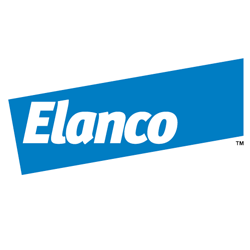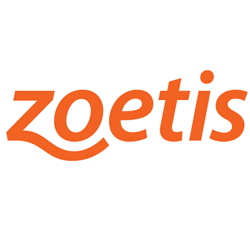Canine parvovirus type 2 (CPV-2) is the most common cause of viral enteritis in dogs. Three antigenic canine variants, CPV-2a, CPV-2b, and CPV-2c, have been identified, but they are 99% genetically similar.12
Domestic and wild canids are susceptible to CPV-2, but risk of infection is most likely from virus particles shed by other domestic dogs. The virus is relatively stable in the environment. CPV is transmitted by oronasal exposure, but CPV MLV vaccines are currently registered for parenteral administration and are generally highly effective once maternal antibody concentrations fall below inhibitory levels.
CPV MLV vaccines are considered core vaccines, recommended for all dogs regardless of geographical location, and are currently considered protective against the three known variants.13 The minimum age to begin the primary vaccination protocol in puppies is 6–8 wk. However, MLV vaccines can be blocked by MDA against CPV, which decline exponentially over time and may persist for 13–15 wk or possibly longer.2,14 Revaccination is therefore recommended at 2 to 4 wk intervals until greater than 16 wk old; 18–20 wk old is preferred particularly in areas of high CPV risk.
In spite of the core vaccination recommendation for CPV, CPV diagnoses in young dogs (<1 yr old) continue owing to a lack of protective antibodies, particularly in dogs presenting to animal shelters.15 Although host-related factors may play a role, failure to complete primary vaccine schedules or vaccine storage or administration errors may account for many or most “vaccine failures.”16,17 After the primary puppy series of vaccinations, a booster should be administered within 1 yr. Thereafter, interval boosters every 3 yr are recommended; annual boosters are not necessary. Longer (>3 yr) duration of immunity after vaccination has been suggested11 but is largely unsubstantiated in the peer-reviewed literature. Detection of CPV antibodies after vaccination can be performed by HI, VN, or ELISA diagnostic tests. (See section on Utilization and Interpretation of Serologic Titers.)







